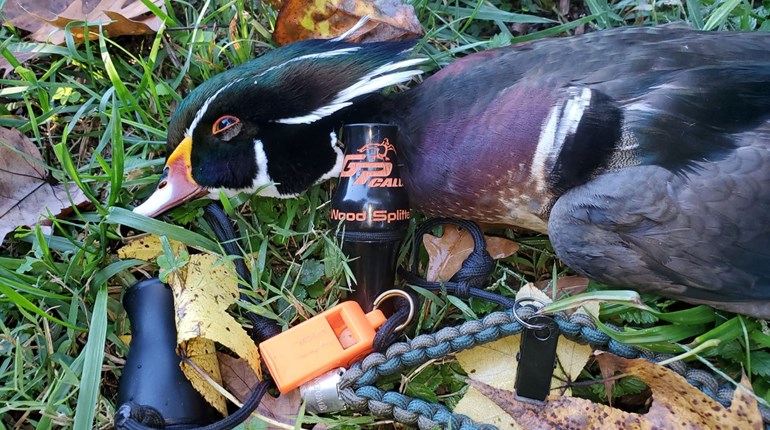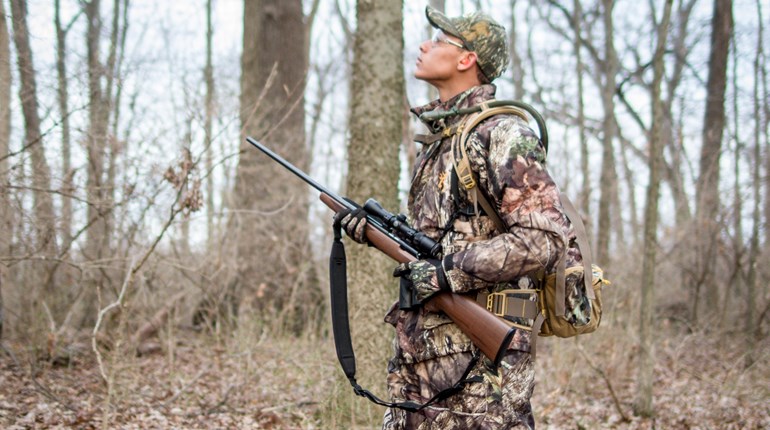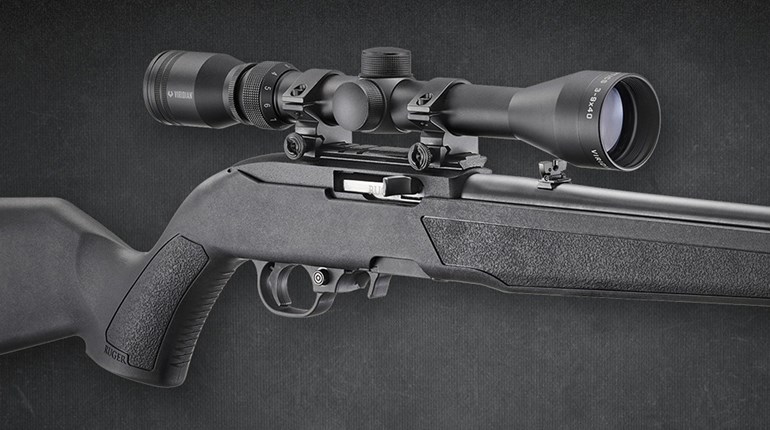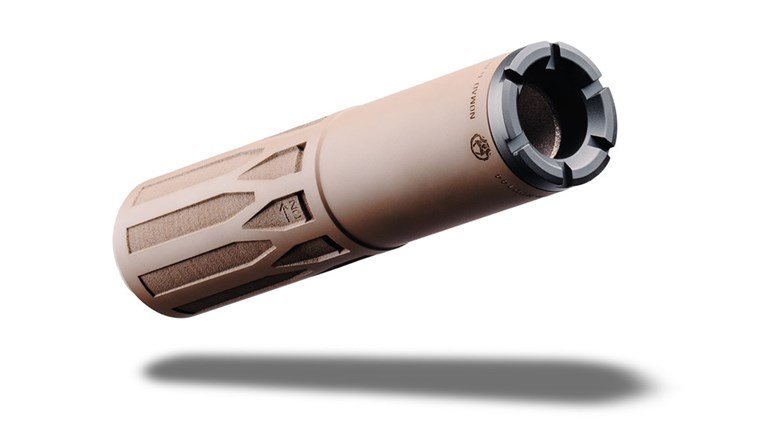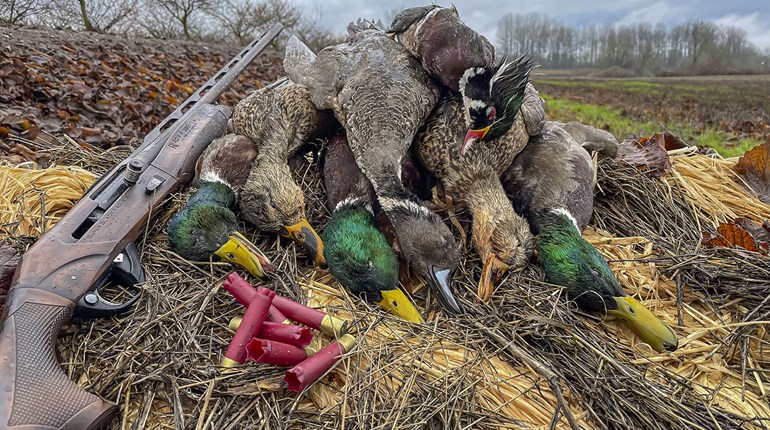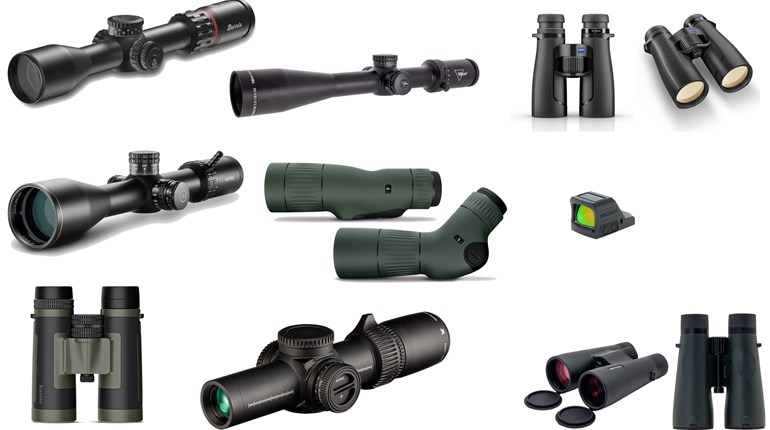
The new year was barely three days old and the 2010-2011 Virginia duck season was entering its final—and perhaps best—weeks before closing later in the month. But for two young duck hunters, it would come crashing to a sudden and needless end. One, a 24-year-old man, died of hypothermia and drowning when he and his hunting partner fell from their boat into 4 1/2 feet of frigid water on a creek that emptied into the nearby Chesapeake Bay. His friend would luckily stagger from the water and survive.
That same morning, farther north on the bay, a Virginia Military Institute cadet, at home for the holidays, also drowned while duck hunting. Already this year, duck hunter fatalities have been reported in New York and Ohio, one when a hunter attempted to retrieve a duck and fell from his kayak, another when he and two hunting companions found themselves in water after their boat capsized in windy conditions.
National statistics reveal more hunters die from “cold water shock, hypothermia and drowning” than accidental shootings each year. The combination of being on or near the water, wearing heavy clothes and boots that hinder swimming, and frequently riding in boats loaded with equipment, make waterfowlers particularly susceptible. Any day of fun can turn into a life-threatening situation in seconds when a hunter accidentally enters the water.
According to a U.S. Coast Guard study, cold shock occurs immediately when a person becomes immersed in frigid water. In response to cold shock, a person will frequently gasp and can begin hyperventilating, which can lead to inadvertently swallowing water. It becomes hard to hold his or her breath. The heart rate increases and blood pressure rises, which can lead to the onset of heart failure among people with a history of heart problems. Cold shock alone can overly stress otherwise-able swimmers and lead to drowning within minutes. Even for those able to stay afloat, functional disability and mental confusion can begin after just two minutes, with hypothermia setting in as quick as 15 minutes.
Fortunately, the majority of sportsman fatalities on the water are preventable. Follow these steps on the water this winter to avoid becoming another statistic.
1. When using a duck boat to either hunt from or to get to a blind, remember, you are a boater first and a hunter second. This means you need to take the same precautions any boater would to prepare for emergencies on the water. Because hunting, and not a day on the water, is the focus, some hunters don’t properly consider the dangers the water can pose.
2. Don’t overload your boat. Hunters, dogs, weighted decoys, shotguns and other gear can all lead to a boat loaded near or beyond its capacity. An overloaded boat sits lower in the water and becomes less maneuverable, making it susceptible to capsizing, particularly in poor conditions where inclement weather whips up wind and waves. Whether you have to take two boats or two trips in a single boat, give yourself ample time to safely ferry gear and hunters to your hunting spot.
3. Always wear a safety vest. Too many hunters don’t. Simply having safety vests in the boat isn’t enough. “Trying to put on a life jacket during a boating accident would be like trying to buckle a seat belt during a car crash,” said Tim Smalley, boating safety specialist with the Minnesota DNR. If the added bulk is what keeps you from wearing one, look into a more compact, inflatable model, which adds little to no additional layering that could hamper shooting or other activity. The M.I.T. Membrane Inflatable Technology 22 Camo Inflatable PFD in Mossy Oak Duck Blind camo by Mustang Survival and the 16 Gram Manual Sportsman Inflatable Chest Pak by Stearns are two great options.
4. Don’t wear waders in a boat. This may be difficult for some hunters to do since they will need to get in the water to either launch or land the boat, but bulky hip boots or waders can fill with water, adding weight that makes swimming even more cumbersome. If you feel you have to wear hip boots or waders and find yourself thrown overboard, immediately pull your knees up to your chest as this can trap air in the waders that can actually help you stay afloat. Smalley recommends hunters practice this maneuver during warm weather and in shallow water to perfect it before an actual emergency.
5. Keep a cell phone or emergency two-way radio in a waterproof bag such as Seal Line’s small E-Case. The soft case will protect submerged electronics, which can be used while still inside the case.
6. Store a change of clothes in a dry bag in case you fall in the water and are then able to get back in the boat, blind or on land. Even out of the water, wet clothes can quickly lead to hypothermia in frigid temperatures, so having the ability to change right away can be a lifesaver.
7. Always check the weather and monitor weather conditions while out. All of today’s smart phones have apps available that allow reliable monitoring of changing weather conditions as long as the phone has a cell signal. If poor conditions are expected, either reschedule your trip or try to keep near shore as much as possible, avoiding large expanses of open water.
8. Just because you’re wading timber or a pond edge instead of in a boat, doesn’t mean danger can’t occur on the water. One misstep in a hole or tripping over submerged debris can immerse a hunter and lead to the same onset of physical impairments as a fall from a boat. Stay aware and take the same precautions including keeping dry clothes nearby and even wearing an inflatable PFD.
9. If your boat should capsize or get swamped, stay with it. A boat is easier to locate than an individual should a search team or rescuers be called out. Even when filled with water, it provides flotation, which will help you stay afloat longer than if you were in the water without it.
10. Be familiar with your route and the water before your hunt. Trying to boat to an unfamiliar area in the dark can be treacherous. Learn where shallow areas or obstacles are and avoid them. When traveling in the dark, always carry a battery powered or rechargeable spotlight. It can help you better see what’s ahead of you in the water, and can come in handy should an emergency arise before or after daylight.














